Clare Reaney was given a devastating terminal bowel cancer diagnosis in June 2021 – and quickly decided she wanted to be in control of her own death.
Four months later, she travelled with her husband Alan Scott to Switzerland so she could end her life in peace at the age of 60 before her illness worsened significantly.
Alan, who lived with his wife in Auchtermuchty in Fife, believes she could have held out for another year if the same option had been available to her in Scotland.
But he says she had to make the trip abroad at great expense before her condition deteriorated further, preventing her from flying.
Time to change assisted dying law?
That’s why Alan wants to see assisted dying allowed in Scotland at a time when a renewed push is being made to change the law in Holyrood.
“I think it’s important for people to have choice,” he told us at his home in Arbroath where he now lives.
“Whether they choose assisted dying or not is up to them.”
“Clare didn’t like other people to take control of her,” Alan said.
“That was one of the things that led her to want to be in control of her own death, because she knew she was going to die.”
He added: “One of the fears Clare had was that the brain would have been affected by her cancer, that she would have been incapacitated from making the decision herself.
“She knew she had this window of opportunity. If it was legal in Scotland, it would have been a much easier process, and she would have extended her own life.”
Expensive trip to Swiss clinic
Clare, who worked as a botanist in her hometown of Auchtermuchty, married Alan in Cupar a month before she ended her own life.
Alan said organising his wife’s death in Switzerland was made even tougher because of Covid restrictions in place.
The couple spent well in excess of £10,000 for the whole process, making it an option that would be unviable for many terminally ill Scots.
Clare signed up to Pegasos before going abroad, a Swiss non-profit organisation who help facilitate assisted dying.
“Many people wouldn’t have the ability to go to Switzerland,” Alan said.
“You’ve got to go through lots of checks, and you’ve got to become a member of the Pegasos organisation beforehand. It’s not like making an appointment for a haircut.”
Third attempt to change law
This is the third attempt to steer assisted dying through the Scottish Parliament.
The controversial policy is “increasingly likely” to become legal somewhere in the UK, Isle of Man or Jersey, Westminster’s health and social care committee said last week.
High profile personalities such as Dame Esther Rantzen and Prue Leith are pushing MPs and MSPs to change the law.
Ms Leith has focused on Holyrood where she told how her brother’s death from bone cancer motivated her to push for change.
Opponents of the proposals include religious groups who believe new laws could be open to abuse.
I think the checks and balances that are in place are strong enough.
– MSP Liam McArthur
They fear vulnerable patients could be coerced into ending their lives early due to pressure or feeling like they are a burden on others.
Instead, they want more money to be invested in end-of-life care.
But Alan told us palliative support did not appeal to Clare, since there was still a strong chance she could end up dying in pain.
“Palliative care nurses came round and explained the process,” he said.
“But although they might have been able to ease the transition into death, she didn’t want other people to control that for her.”
The latest assisted dying laws, put forward by Lib Dem MSP Liam McArthur, would only apply to those who face certain death and can give their own consent.
Mr McArthur went on a fact-finding mission with MSPs from other parties to California, which already has similar legislation in place.
Alan believes the protections being put in place would be enough to prevent the policy from being exploited by anyone with bad intentions.
He said: “I think the checks and balances that are in place are strong enough, so that there’s no family coercion to get rid of someone that they don’t want.”
And for Alan it all comes back to the crucial element of choice for those in their final days, which was what mattered most to Clare.
“It’d be important for people to have that freedom,” he said.
READ MORE:
- What are the plans to change the law and should we have the right to choose when we die?
- Here’s why Dundee campaigners want assisted dying – but what obstacles stand in their way?
- ALISTAIR HEATHER: I’m glad assisted dying wasn’t an option when I didn’t want to live
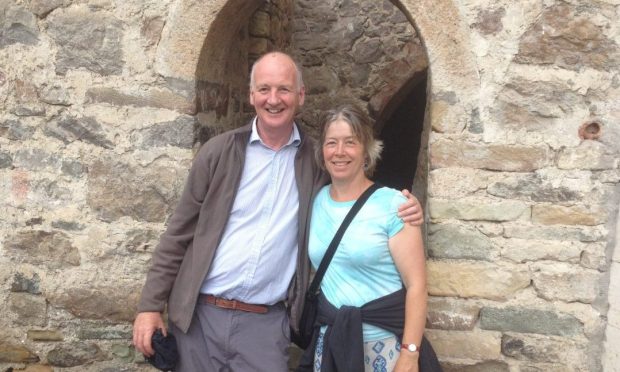
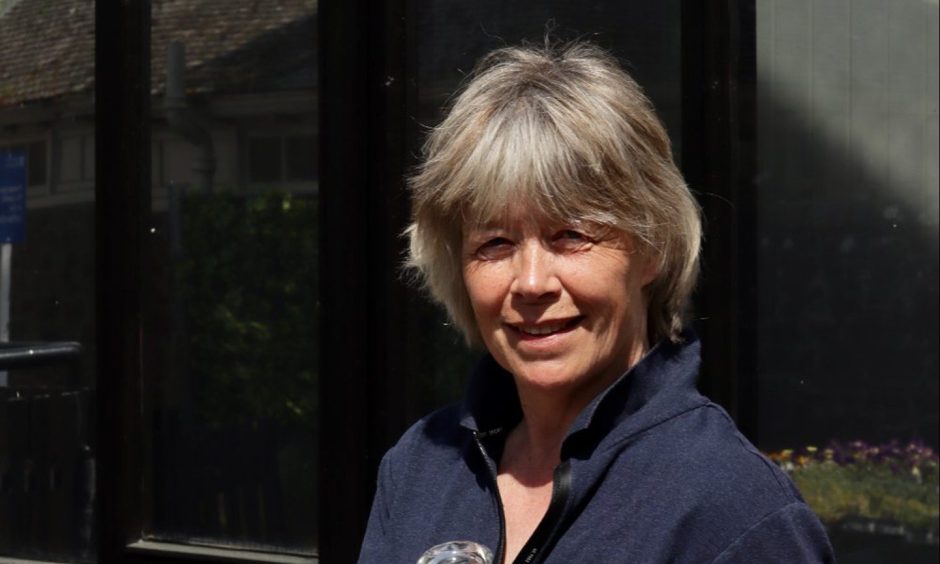
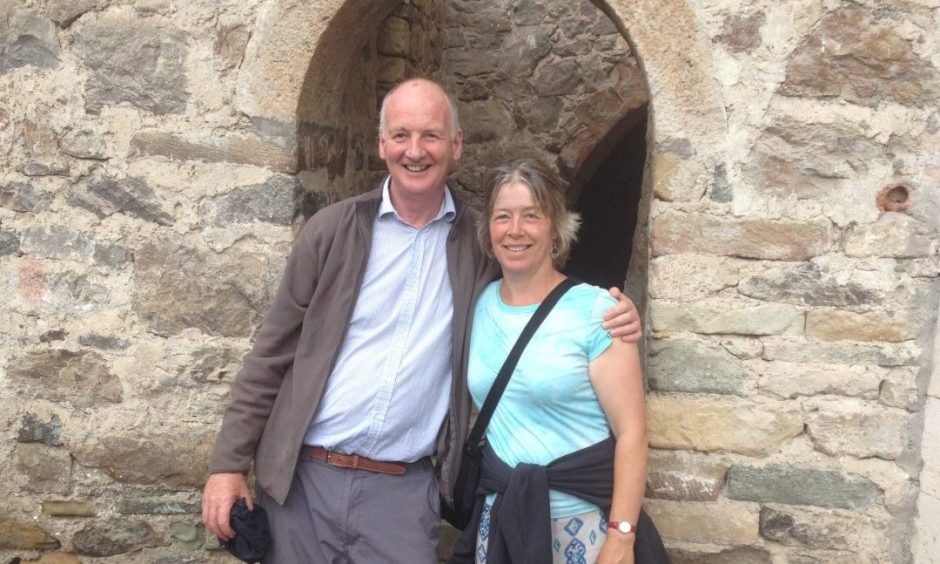
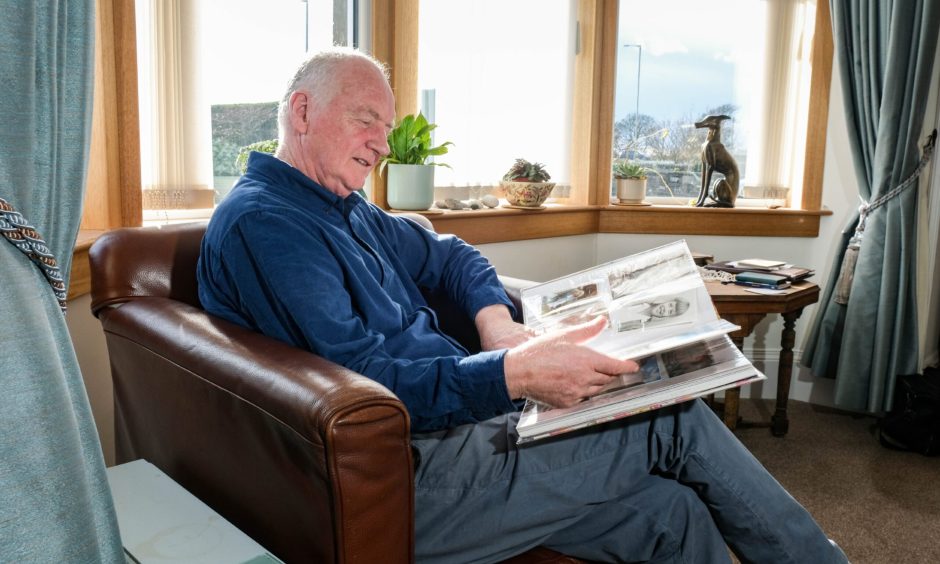
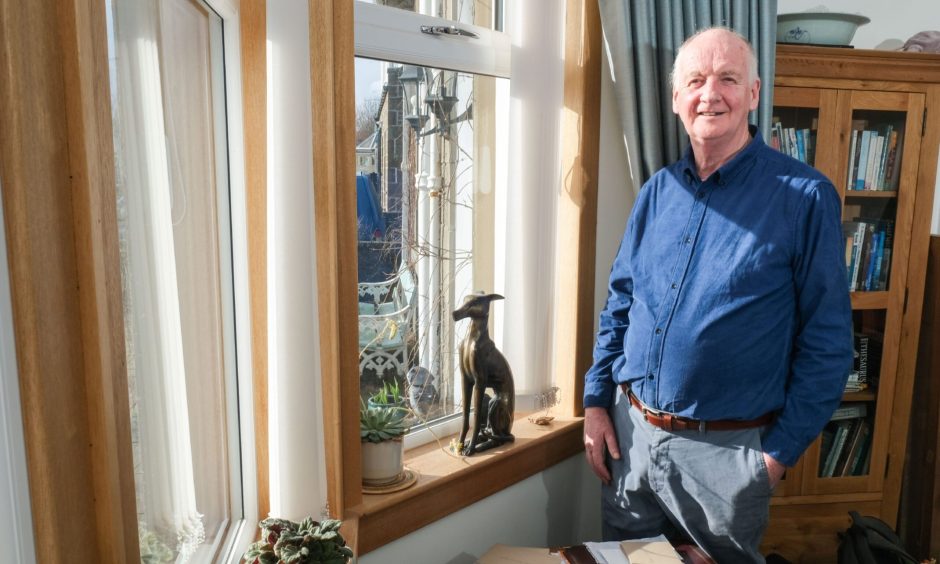
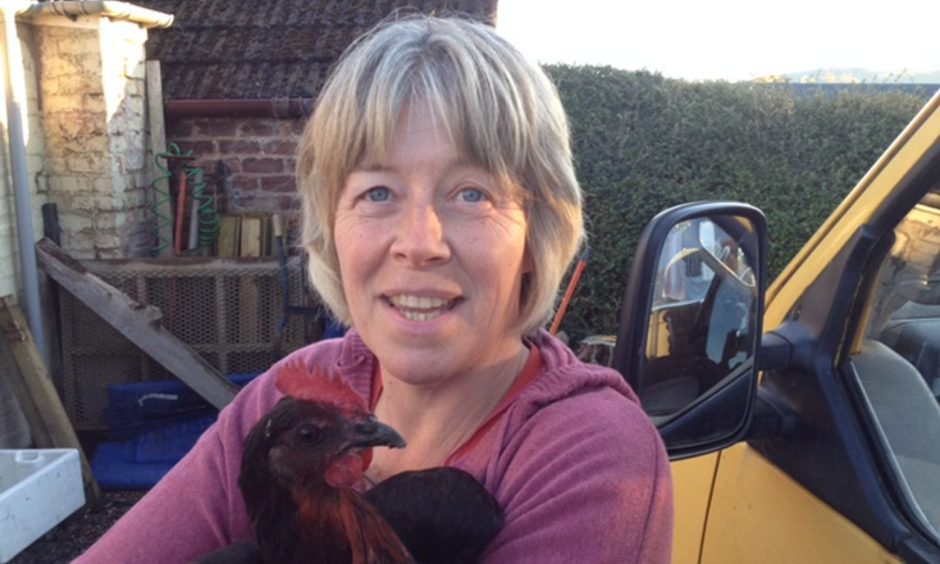
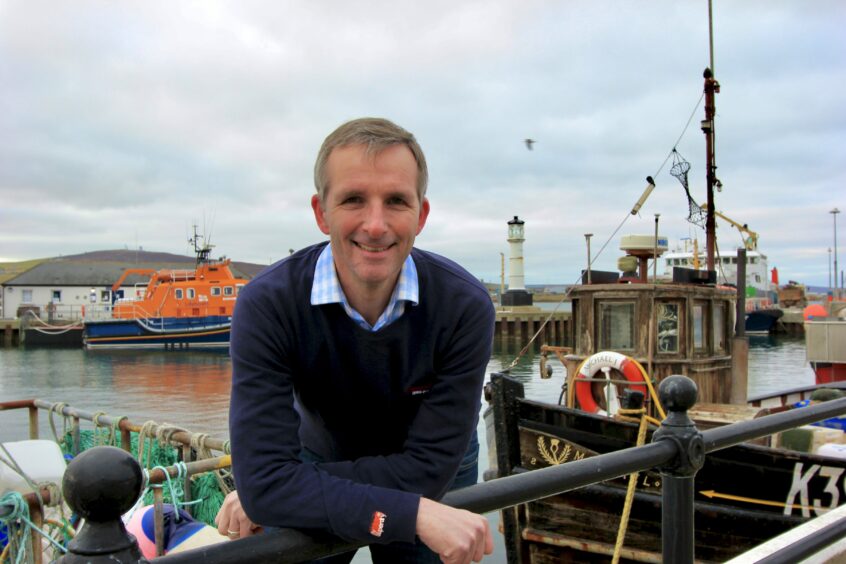



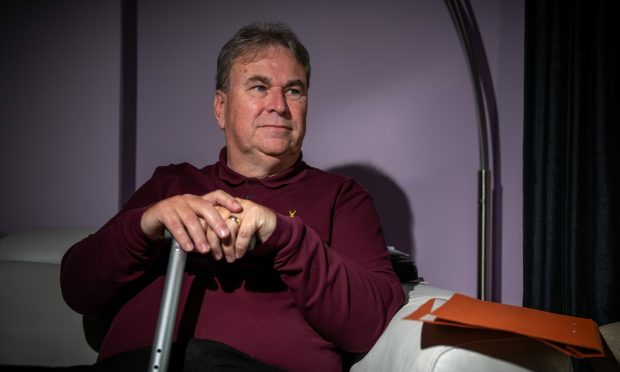




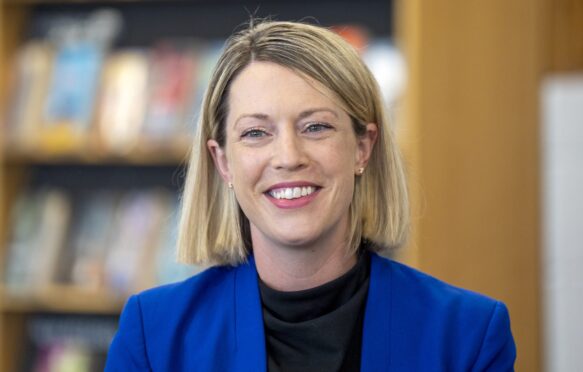

Conversation